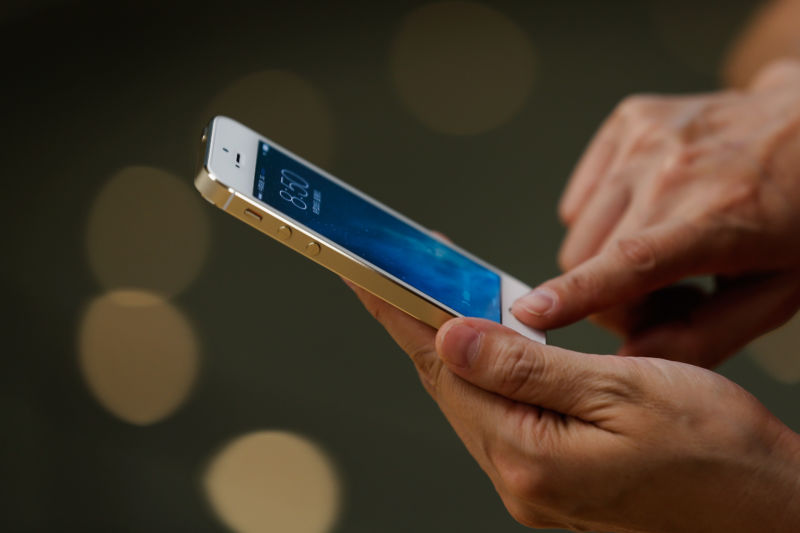
Apple removed thousands of gambling apps from China's App Store after the company came under fire from state-run media. According to a report by The Wall Street Journal, the tech giant removed as many as 25,000 illegal gambling apps, many of which were disguised as official lottery apps, from China's App Store after China Central Television criticized the company for not doing more to catch and remove banned content.
"Gambling apps are illegal and not allowed on the App Store in China," Apple said in an emailed statement to The Wall Street Journal. "We have already removed many apps and developers for trying to distribute illegal gambling apps on our App Store, and we are vigilant in our efforts to find these and stop them from being on the App Store."
While Apple occasionally cleans up its App Stores to remove spam apps and content, this recent situation shows another way that the company has bent to the rules of the Chinese government. Last year, Apple removed VPN apps from its Chinese App Store after the local government banned services that were not already approved by the state. VPN apps allowed Chinese users to bypass the Great Firewall to get uncensored access to blocked websites.
Back in May, Apple gave an ultimatum to developers with apps available in China that use Apple's CallKit framework: remove CallKit functions from the apps or remove the apps from the App Store entirely. This move was due to a "newly enforced regulation" from the Chinese government that essentially banned the use of VoIP services.
Apple's CallKit allowed developers to build calling features into their apps—CallKit provided the interface, and developers could then employ a VoIP service on the back end to actually make calls. The Chinese government frowns upon VoIP services because they can bypass the surveillance measures that it has put in place.
Apple has had to make a lot of concessions to the Chinese government in order to continue doing business in the country. China accounts make up about one-fifth of Apple's revenue, and the company's iPhones and iPads are assembled in China. Undoubtedly, the tech company wants to maintain its relationship with China so it can continue to make and sell devices there. Apple may also be treading lightly due to the escalating trade war between the US and China and the possible implications it could have for the company's business in China.
reader comments
90